The Challenge Of Today’s Church | Features
[ad_1]
Until we understand who we are in Christ, what we are, and our specific assignments in the body of Christ (the universal Church), we will continue to fight against one another and grope in total darkness—ignorance.
The “Who We Are” defines our unique identity in Christ. In Him, we are a brand-new creation (2 Cor. 5:17). We are saved and washed by the blood of Jesus unto good works (Ephesians 1:7). In Him, we live, move, and have our being (Acts 17:28). In Christ, we are more than conquerors (Romans 8:37). In Christ, we have a better covenant established on better promises (Hebrews 7:22). Indeed, “Who We Are” makes us different from the culture of this world (Romans 12:2).
“What We Are” and our different assignments depend on the spiritual offices Christ has specifically placed us in to serve the entire body of Christ. Our gifts are for the benefit of the Church, not for our personal gains.
Today, the problem we face is often overlaid with misunderstanding and competition—by-products of immaturity. In other words, the confusion among us as believers and the battle for supremacy are signs of spiritual childishness. I call this behaviour CHILDISH PLAY. Let’s examine this immature stance:
The Bible teacher believes his office is the best. Why? Because he interprets the Bible for better understanding, exposing texts, and drawing insights from the pretext, content, and context of a passage. A deeper exegetical exposure by an immature Bible teacher may make him believe that without him, the church holds no spiritual or earthly value. Interesting.
An immature Bible teacher, for example, is quick to criticize others who don’t match his level of understanding. It is beneath the bar to speak against a spiritual office. Instead of attacking personalities, bring everything under the lens of Scripture and correct strange practices out of love. Don’t be quick to attack; that is not Christlikeness. It is immaturity.
The prophet also believes that he speaks and reveals God’s plans and purposes to the entire body of Christ. Through the gifts of word of knowledge and word of wisdom, which are paramount and operational within the prophetic office, the prophet assumes that without him, the church holds no value. To him, without his prophecies, there will be no great gathering of souls or impactful, life-turning events in the body of Christ. Interesting times… what about the evangelist?
The evangelist thinks he pulls the crowd through his massive evangelistic work. Souls, therefore, are born again by his timely messages, which focus on repentance and divine transformation.
The pastor also believes that he shepherds all the won souls and roots them in Christ through sound biblical teachings and effective prayer life. With a tender heart, the pastor may view other offices as non-caring or out of touch with the flock (the church).
The apostle, on the other hand, believes his ministry spans all five offices—prophet, teacher, evangelist, and pastor. At one moment, an apostle operates as a teacher, evangelist, and pastor; at another, he operates as a prophet with a strong healing grace.
As I pointed out earlier, the challenge we face today emerges from an immature mindset. No spiritual office or gift is superior to another. The prophet is not more important than the teacher, evangelist, or pastor. Neither is the apostle more relevant than any of these spiritual offices.
Our assignments may differ, but we are all in the same boat, pointing towards one destination. There should be no need for competition or comparison. We must learn to accept each divine office with dignity and respect.
Furthermore, we must understand that each office complements the others, reinforcing the columns of our boat—the Kingdom.
Our responsibility is to help raise an army of believers until we all reach unity, understanding, and maturity in Christ (Ephesians 4:11-13).
In my opinion, the INSULTS; PRONOUNCEMENT OF CURSES, SHOWMANSHIP, and LOW-MINDEDNESS can all be minimized if we understand who we are in Christ, what we are in Christ, and the different assignments He has given us to fulfil.
Let’s do away with our myopic spiritual politics and “politricks.” In other words, let’s understand our mission and discard selfish, immature talk.
We must urgently return to the foundation of our Christian faith, where the Bible is the final authority in all our intellectual and spiritual deliberations.
The writer is an academic, visiting lecturer, leadership consultant, author and the lead pastor of Wordsprings City Church, Kumasi.
Source: Dr. Patrick Owusu/Pastor/Lecturer/Author
| Disclaimer: Opinions expressed here are those of the writers and do not reflect those of Peacefmonline.com. Peacefmonline.com accepts no responsibility legal or otherwise for their accuracy of content. Please report any inappropriate content to us, and we will evaluate it as a matter of priority. |
Featured Video
[ad_2]
Source link


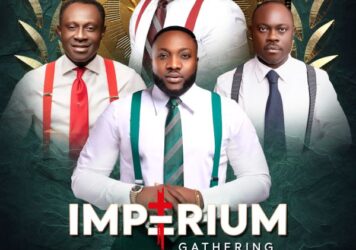



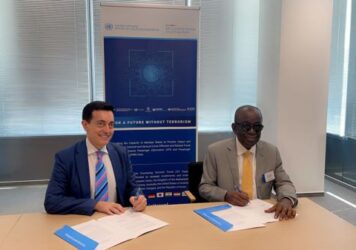
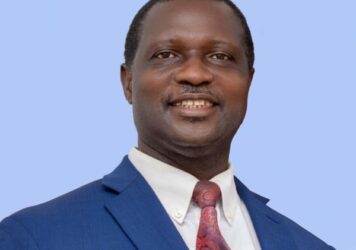

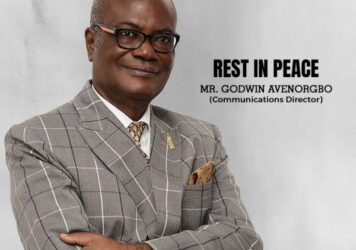
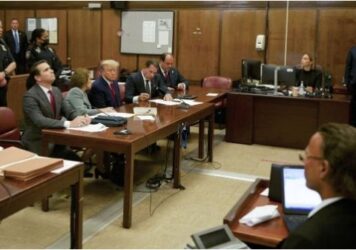
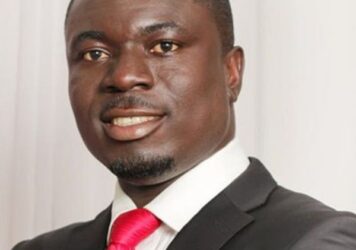

Leave a Reply